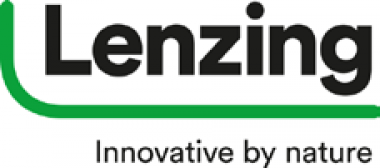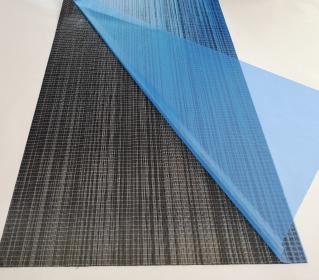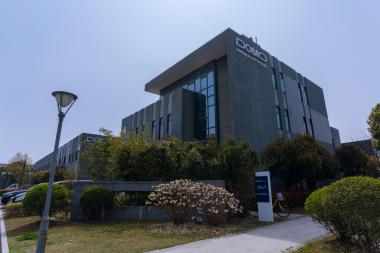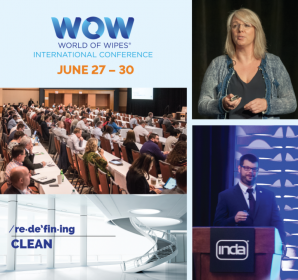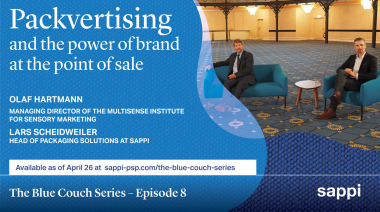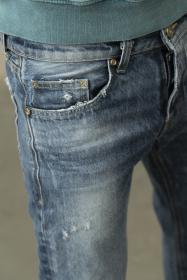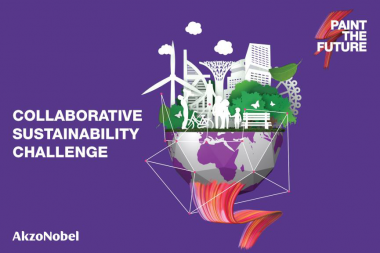Lenzing rides out significant cost pressure to report solid first quarter
Lenzing – In the first quarter of 2022, the Lenzing Group, like the entire manufacturing industry, was significantly affected by the extreme developments in global energy and commodity markets. A predominantly positive market environment and the strategic focus on specialty fibers such as those of the TENCEL™, LENZING™ ECOVERO™ and VEOCEL™ brands nevertheless ensured a solid revenue and earnings trend, with the effect of higher costs being largely offset.
• Solid revenue and earnings performance despite extremely tight cost situation
• Personnel changes on the Managing and Supervisory Boards – Stephan Sielaff appointed as the new CEO
• Successful production start at world’s largest lyocell plant in Thailand
• World’s largest pulp mill of its kind successfully started-up in Brazil
• Premium textile brand TENCEL™ celebrates 30 years of sustainable fiber innovation
The Lenzing Interim Report 01-03/2022 is available on the company website.
Lenzing AG


